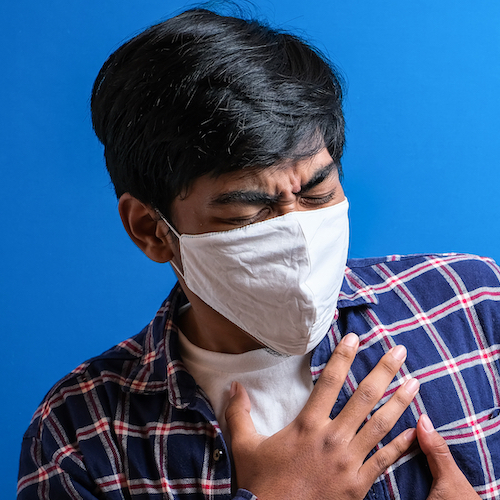Cancer is one of the most feared diagnosis for anyone. Many factors influence the development of cancer, from your genetics to your lifestyle. While you can’t change your genes, you can change your lifestyle habits and significantly reduce your risk of developing this dreaded disease.
Nutrition and diet is one of the key lifestyle habits that can either increase or decrease your chances of getting cancer. Here, we’ve discussed some food that can influence your cancer risk. Make sure to read through and take action to protect your health!
Cancer Culprits: Foods to Avoid at All Costs
Carcinogens in Meat
First, it is essential to define the term carcinogens. Carcinogens are substances, organisms, or agents capable of causing cancer. Carcinogens in food do not directly cause cancer but can lead to cancer in the long run.
The World Health Organization (WHO) states that processed meats increase cancer risk. Processed meats are categorized under Group 1-Carcinogens. This means that there is compelling evidence that this type of food causes cancer to human beings. On the other hand, WHO categorized red meats as part of Group 2A carcinogens. This category is used when there is weak evidence of carcinogenicity in humans but strong evidence of toxic effects in experimental animals.
When meats are cooked at high temperatures, such as by grilling or pan frying, chemicals called heterocyclic amines are produced; these substances have been shown to be carcinogenic and mutagenic. It may be advisable to forego your barbecue sessions and opt for alternative cooking methods, such as steaming or simmering your meals instead.
High-calorie Foods and Sugary Food
These types of foods tend to be highly processed and refined, depleting them of micronutrients and leaving empty calories. The surplus of calories leads to weight gain. Being obese or overweight increases your risk for developing a variety of cancers such as breast, colon, rectum, uterus, gallbladder, and kidney cancer.
Moderation is the key when it comes to sugar. Stick to the maximum or recommended calorie intake per day (depending on your age, weight, and height).
A Taste of Protection: Foods That Help Lower Cancer Risk
Carotenoids in Dark-Colored Vegetables
The next time you’re grocery shopping, remember to pick up dark leafy vegetables- they’ll be sure to add nutrition and health benefits to your plate. Dark leafy greens are rich in carotenoids.
These are antioxidant compounds that have been shown to reduce your risk of cancer, as well as provide various health benefits, such as promoting healthy skin and hair.
Carotenoids are fat-soluble: this means you absorb them better when you eat them with fat as part of a balanced meal. Good sources of carotenoids include lettuce, spinach, and sweet potato leaves (talbos ng kamote).
Soluble and Insoluble Fiber
Fiber is classified into two types: soluble (dissolves in water) and insoluble. Soluble fiber is processed by your gut bacteria to produce substances such as butyrate that have health-promoting benefits. Low butyrate levels have been linked to colorectal cancer. Soluble fiber can also help decrease blood sugar levels, which have an effect on your cancer risk. On the other hand, insoluble fiber retains water in your stool, promotes regular bowel movements.. A high-fiber diet also helps control your weight which, as mentioned above, influences your cancer risk.
The best way to get more fiber in your diet is to eat adequate servings of fruit and vegetables everyday.
Whole Grains
Whole grains like brown rice, oatmeal and whole-wheat bread have phenolic acids. Phenolic acids are vital to human health because they help prevent cell damage caused by free-radicals (unstable molecules in the body that can cause damage to cells). Whole grains are also naturally high in fiber.
More Information About Cancer Prevention
Hope from Within can help you learn more about diet and other ways to reduce your cancer risk. Work with your healthcare provider or nutrition specialist to improve your diet.
References:
https://www.healthline.com/health/soluble-vs-insoluble-fiber#benefits https://www.healthline.com/nutrition/cancer-and-diet https://www.verywellhealth.com/carcinogens-in-cigarettes-how-they-cause-cancer-514412 https://www.verywellhealth.com/carcinogens-in-cigarettes-how-they-cause-cancer-514412
https://www.nfcr.org/blog/cancer-fighting-food-whole-grains-for-better-breakfast-month-2021/








